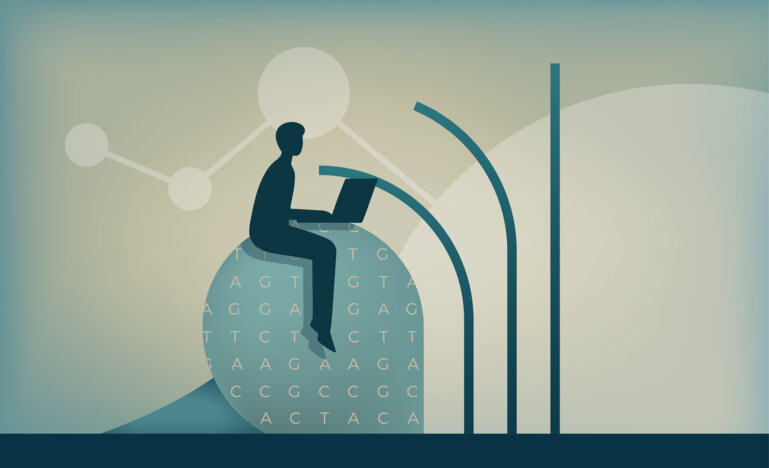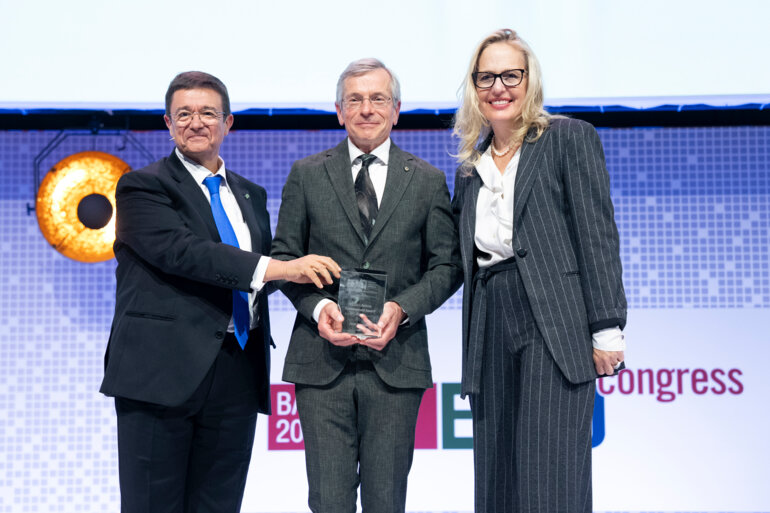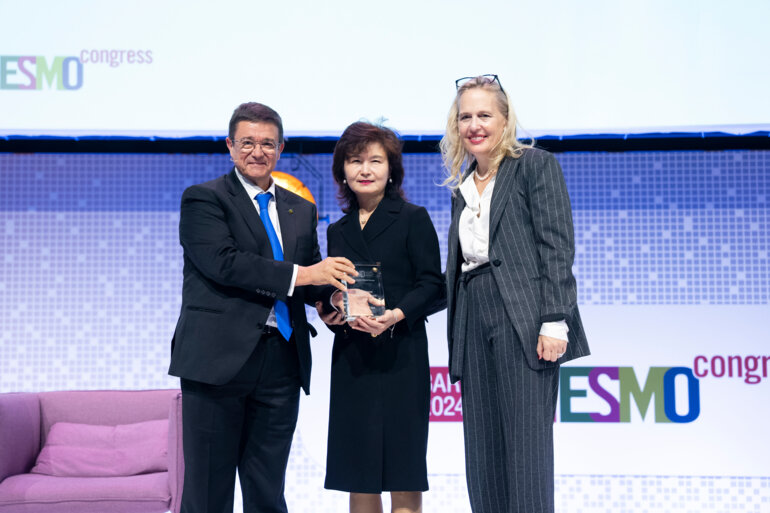
Pre-operative immunoradiation shows clinical benefit in patients with high-risk, early-stage breast cancer
Results from the Neo-CheckRay study report an acceptable toxicity profile with the addition of a PD-L1 inhibitor to neoadjuvant chemotherapy and stereotactic body radiation therapy









